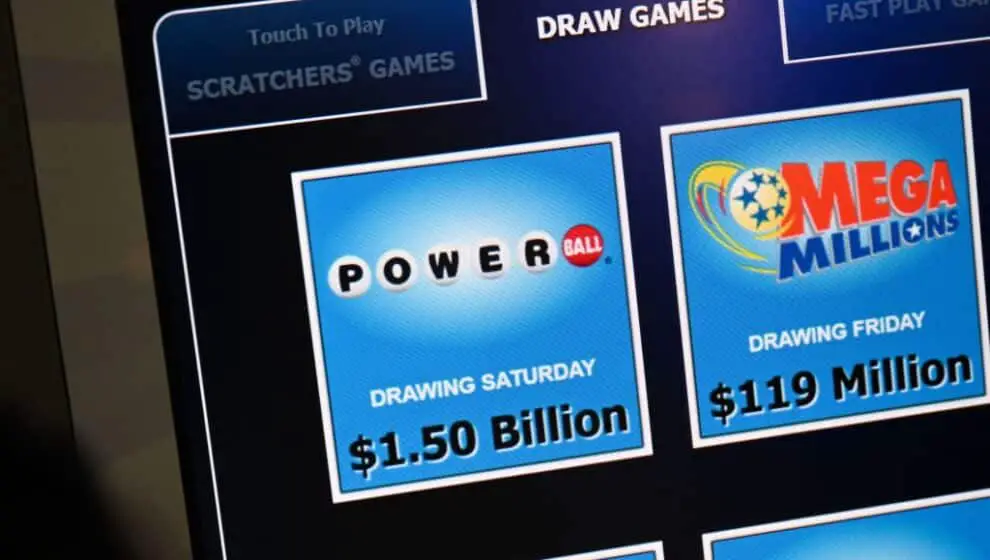The $1.9 billion Powerball jackpot is making people eager in the states where the lottery is banned.
Key Details
- The Powerball jackpot has risen to $1.9 billion—making it the largest in history.
- People have been racing to their nearest store to buy a ticket for a chance at winning the big check while others are driving over state lines.
- Residents of Alabama, Alaska, Hawaii, Nevada, and Utah have had to cross state lines to buy lottery tickets because they aren’t permitted.
Why it’s news
Millions of people each year buy lottery tickets for a chance to win big in the Powerball draw.
The latest Powerball jackpot has risen to a $1.9-billion annuity making it the largest in history after no winners for Saturday night’s $1.5-billion pot. People across the U.S. have been buying lottery tickets hoping to win big while others in states without lottery are getting jealous.
Alabama, Alaska, Hawaii, Nevada, and Utah do not allow lottery within state lines causing residents to cross borders to have a chance at winning the Powerball jackpot.
The five states have banned the lottery for various reasons including objections from conservatives, concerns about the impact on low-income families or a desire not to compete with existing gaming operations, according to Fortune writers Kim Chandler and Mark Thiessen.
Since the states have banned the lottery many residents go to bordering states to buy tickets.
“I’m pretty sure the people of Florida, Tennessee, Mississippi and Georgia appreciate all of our contributions to their roads, bridges, education system and many other things they spend that money on,” said Democratic legislator Chris England, from Alabama.
Many of the states have considered allowing the lottery, but it never makes it into law and it doesn’t look like it will pass anytime soon. Until the states decide to allow the lottery it looks like residents will continue making trips across state lines for a chance to win big.
The pot has been growing since August 6, when it began as a $20-million prize.
If taken as an immediate lump-sum payment, the winning total is $929 million. The $1.9-billion amount refers to the amount given if taken as an annuity, at $63 million per year for 30 years.

